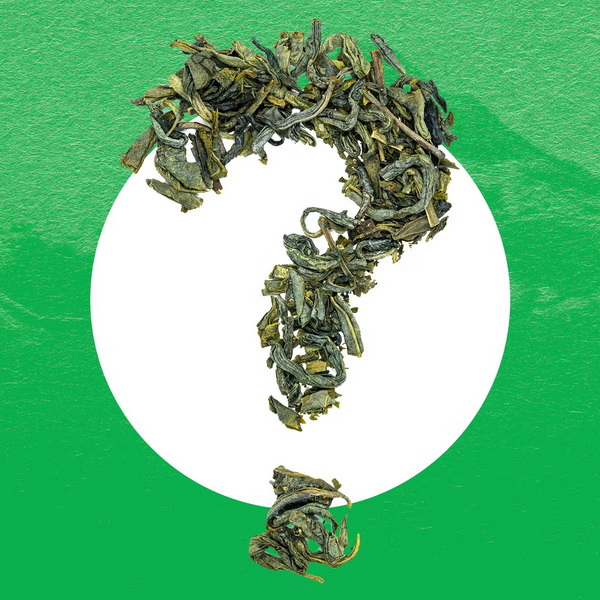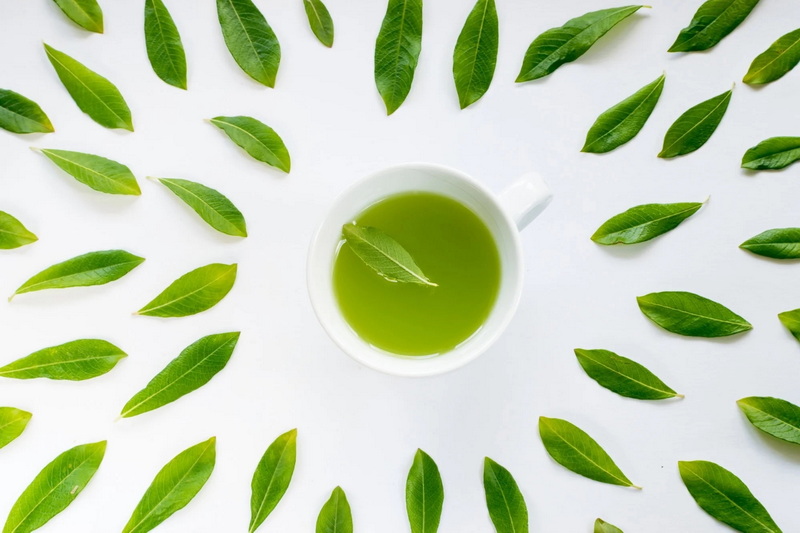Content Menu
● Introduction to Green Tea Extract
>> Benefits of Green Tea Extract
● Recommended Dosage
>> Dosage for Specific Health Benefits
>> Safety Considerations
● Potential Side Effects
● How to Consume Green Tea Extract Safely
● Additional Considerations
>> Interactions with Medications
>> Pregnancy and Breastfeeding
● Conclusion
● FAQ
>> 1. What is the recommended daily intake of green tea extract?
>> 2. Can green tea extract help with weight loss?
>> 3. What are the potential side effects of green tea extract?
>> 4. How should I choose a high-quality green tea extract supplement?
>> 5. Can I drink green tea instead of taking green tea extract?
● Citations:
Green tea extract has gained popularity worldwide due to its numerous health benefits, including antioxidant properties, potential weight loss effects, and cardiovascular health improvements. However, determining the correct dosage is crucial to maximize its benefits while minimizing potential side effects. In this article, we will delve into the recommended dosages of green tea extract, its benefits, and potential risks.

Introduction to Green Tea Extract
Green tea extract is derived from the leaves of the Camellia sinensi* plant and is rich in catechins, particularly epigallocatechin gallate (EGCG), which is believed to be responsible for many of its health benefits. The extract can be consumed in various forms, including capsules, liquids, and powders.
Benefits of Green Tea Extract
1. Antioxidant Properties: Green tea extract is high in antioxidants, which help protect the body from free radicals and oxidative stress. This can contribute to overall health and potentially reduce the risk of chronic diseases.
2. Weight Loss: Studies have shown that green tea extract can aid in weight loss by increasing metabolism and fat burning. This effect is often enhanced when combined with a balanced diet and regular exercise.
3. Cardiovascular Health: It may help reduce the risk of heart disease by improving blood lipid profiles and lowering blood pressure. Regular consumption can contribute to a healthier cardiovascular system.
4. Cancer Prevention: There is evidence suggesting that green tea catechins may have anticancer properties, although more research is needed to fully understand their potential benefits in cancer prevention.
Recommended Dosage
The recommended dosage of green tea extract varies based on the desired health benefits and individual factors. Generally, a daily intake of 250 to 500 mg is considered safe and effective for most adults. However, for specific benefits like weight loss, higher doses may be used under medical supervision.
Dosage for Specific Health Benefits
- Weight Loss: Studies suggest that doses ranging from 500 mg to 1000 mg per day can be effective for weight reduction. It is important to monitor progress and adjust the dosage as needed.
- Cognitive Function: There is less specific guidance on the optimal dosage for cognitive benefits, but it is often combined with L-theanine for enhanced effects. A typical dose might range from 100 mg to 200 mg per day.
- Cardiovascular Health: Dosages of 160 to 2,488 mg per day have been used in trials to support cardiovascular health. The exact dosage should be tailored to individual needs and health status.
Safety Considerations
While green tea extract is generally safe, high doses can cause liver damage, especially when taken on an empty stomach. It is important to consult with a healthcare provider before starting any supplement regimen, especially if you have underlying health conditions or are taking medications.

Potential Side Effects
Common side effects of green tea extract include:
- Caffeine-related effects: jitteriness, insomnia, and increased heart rate. These effects are more pronounced in individuals sensitive to caffeine.
- Gastrointestinal issues: nausea and stomach upset. Taking the extract with food can help mitigate these symptoms.
- Liver damage: high doses can lead to hepatotoxicity, especially without food. Monitoring liver function tests is advisable for long-term use.
How to Consume Green Tea Extract Safely
To minimize risks and maximize benefits:
1. Take with Food: Always consume green tea extract with meals to reduce the risk of liver damage and gastrointestinal issues.
2. Monitor Dosage: Do not exceed the recommended dose without consulting a healthcare provider. Higher doses may increase the risk of side effects.
3. Choose High-Quality Supplements: Ensure that the supplement is analyzed by an independent lab for purity and content. Look for certifications like NSF International or ConsumerLab.com.
4. Consult a Healthcare Provider: Especially if you have any health conditions or are taking medications. They can provide personalized advice based on your health status.
Additional Considerations
Interactions with Medications
Green tea extract can interact with certain medications, such as blood thinners and certain antidepressants. It is crucial to discuss potential interactions with a healthcare provider before starting supplementation.
Pregnancy and Breastfeeding
While green tea is generally safe in moderation, high doses of the extract may not be suitable during pregnancy or breastfeeding due to potential caffeine content and other factors. Always consult with a healthcare provider for guidance.
Conclusion
Green tea extract offers numerous health benefits when consumed correctly. Understanding the appropriate dosage and potential risks is essential for safe and effective use. Always consult with a healthcare professional before starting any new supplement regimen.

FAQ
1. What is the recommended daily intake of green tea extract?
The recommended daily intake of green tea extract is typically between 250 mg to 500 mg, taken with food to minimize side effects.
2. Can green tea extract help with weight loss?
Yes, green tea extract has been shown to aid in weight loss by increasing metabolism and fat burning. Doses ranging from 500 mg to 1000 mg per day may be effective for weight reduction.
3. What are the potential side effects of green tea extract?
Common side effects include caffeine-related effects like jitteriness and insomnia, gastrointestinal issues, and the risk of liver damage if taken in high doses without food.
4. How should I choose a high-quality green tea extract supplement?
Ensure that the supplement is analyzed by an independent lab for purity and content. Also, check for the presence of EGCG, as it is a key component linked to health benefits.
5. Can I drink green tea instead of taking green tea extract?
Yes, drinking green tea can provide similar benefits, though the concentration of catechins may vary. Three to five cups per day are often recommended for optimal health benefits.
Citations:
[1] https://pubmed.ncbi.nlm.nih.gov/11251015/
[2] https://pmc.ncbi.nlm.nih.gov/articles/PMC3459493/
[3] https://www.healthline.com/nutrition/10-benefits-of-green-tea-extract
[4] https://pmc.ncbi.nlm.nih.gov/articles/PMC2855614/
[5] https://www.canada.ca/en/health-canada/services/food-nutrition/public-involvement-partnerships/notice-modification-list-permitted-supplemental-ingredients-permit-use-green-tea-extract-supplemental-ingredient-foods/document.html
[6] https://www.healthline.com/nutrition/how-much-green-tea-per-day
[7] https://www.drugs.com/npp/green-tea.html
[8] https://www.medicalnewstoday.com/articles/269538
[9] https://consensus.app/questions/much-green-take-daily/
[10] https://pubmed.ncbi.nlm.nih.gov/26093535/






























